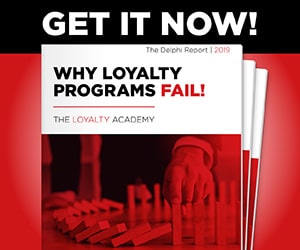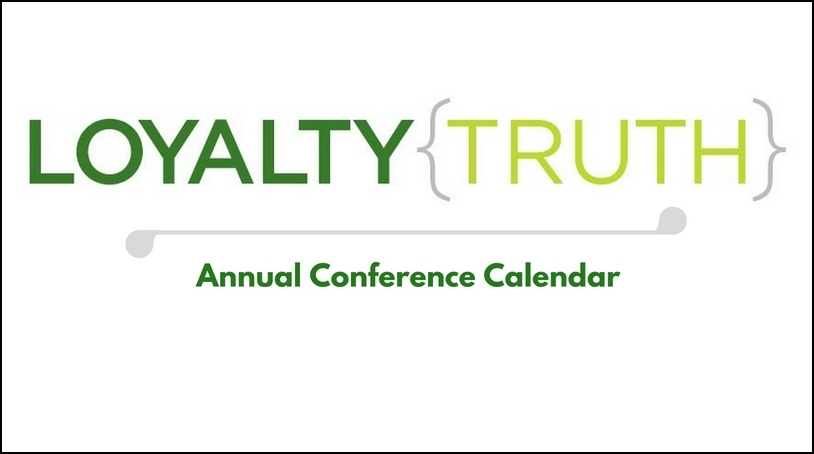The later stages of the college football season highlight long time rivalries between schools that cause even the most mild mannered alumni to sit up straight in their armchair.
In the past week, I heard from one friend who is an ardent Virginia Tech football fan. Already in pain as he suffered from a last minute loss to Florida State, his misery was sent off the chart through an online encounter. You might expect that the taunting came from a Florida State fan directly, or at the least from another ACC school alumni who was enjoying an atypically weak Hokie football campaign.
You might be surprised to learn that the pain was inflicted by Google. As my friend went online following completion of the game, he was met with the Google Ad Words version of taunting. My friend’s reaction was truly priceless and is quoted here:
“So, this whole Google-Predictive-Analytics-Thing-Where-Google-Reads-Your-Email-Thing-And-Decides-What-Adverts-Or-Articles-To-Show-You-Thing….IS TAUNTING ME…with the ESPN article at the top of my email about how “Fla State Escapes VT in last minute”….THANKS Google. I needed that reminder as if I didn’t watch the FREAKIN’ GAME! What a bunch of jerks. Urgh. Beer me.”
The weakness in the Google approach to contextual advertising was in clear view. Similar to the first wave of implementation by Amazon of its collaborative filter, Google has mastered the ability to catalog past searches and match up advertisers and other content providers with your perceived interests. The trouble is, the search data that is amalgamated to predict the future does not actually provide accurate context nor predict a person’s future interest in hearing about the same subject.
Loyalty Truth Contributing Author Rick Ferguson wrote about a personal experience with Google Ad Words here, summing up his views by saying
“Google is encasing me inside a virtual cocoon,
in which the only ads I’ll see are ones that reinforce my personality, my interests and my worldview.”
Rick’s comments were reinforced by my own experiences online over the past few weeks. In the course of client work, we of course search for information on both clients and competitors online. One current client offers a range of family services from child to elder care. As the result of my online research into these topics, Google has decided that I must be an ideal candidate for a babysitter and is peppering me with ads from “SitterCity”. I’ve got several other examples, all of which conclude with Google presenting me ads for things I have already bought or searches that I did for a purpose other than buying in that category.
Amazon led the way among online marketers by introducing its collaborative filter, and quickly learned that products browsed or purchases made did not always serve as an accurate predictor of future purchase. Amazon wisely added a qualitative element to its filter, asking the user questions about relevancy and intent in order to refine the recommendations presented. The current version of Amazon’s “shopping buddy” technology mostly hits the mark as it makes relevant and useful suggestions.
Why Google has not observed the experiences of others and leapfrogged the evolution of the technology to create a differentiating tool is a surprise to me. Consumers will respond to recommendations that are timely and on target. They also are revolted by those that represent clumsy use of historical data and shout “we don’t really know you, we’re just making our best guess”.
There is a lesson here all data-driven marketers – and a reminder of unfulfilled promise #2 of Loyalty Marketing programs.
- The study of historical data helps draw a line in the sand and establish an optimal starting point for customer engagement.
- The critical next step is to supplement the data with qualitative customer information in order to truly understand customer preferences.
Google could alter the online advertising landscape if it were to personalize Ad Words, and would in turn bring added value to its online advertising merchants.




